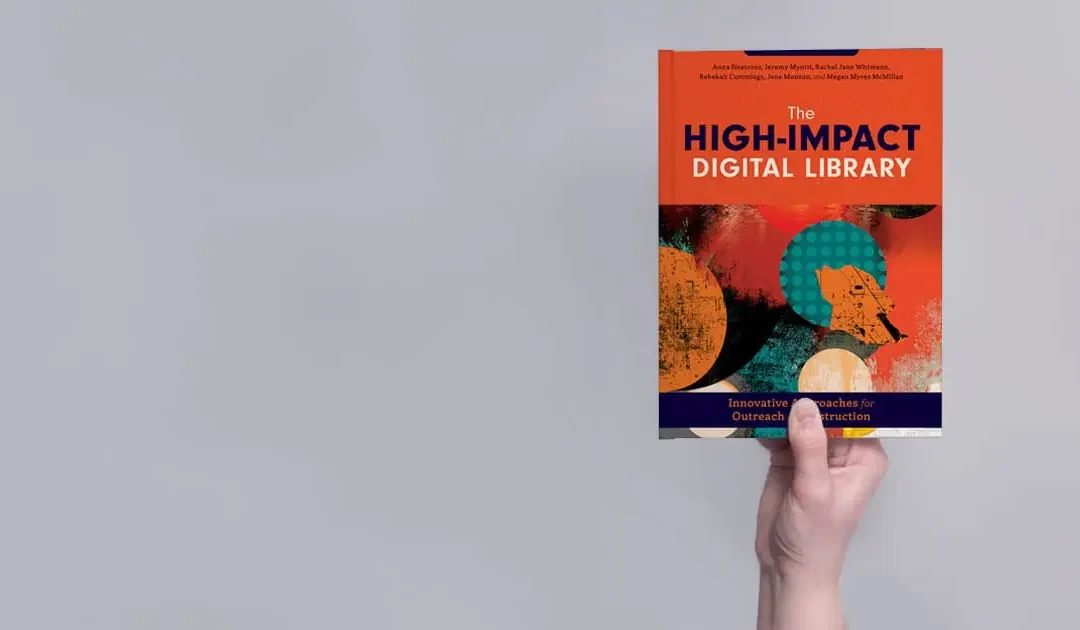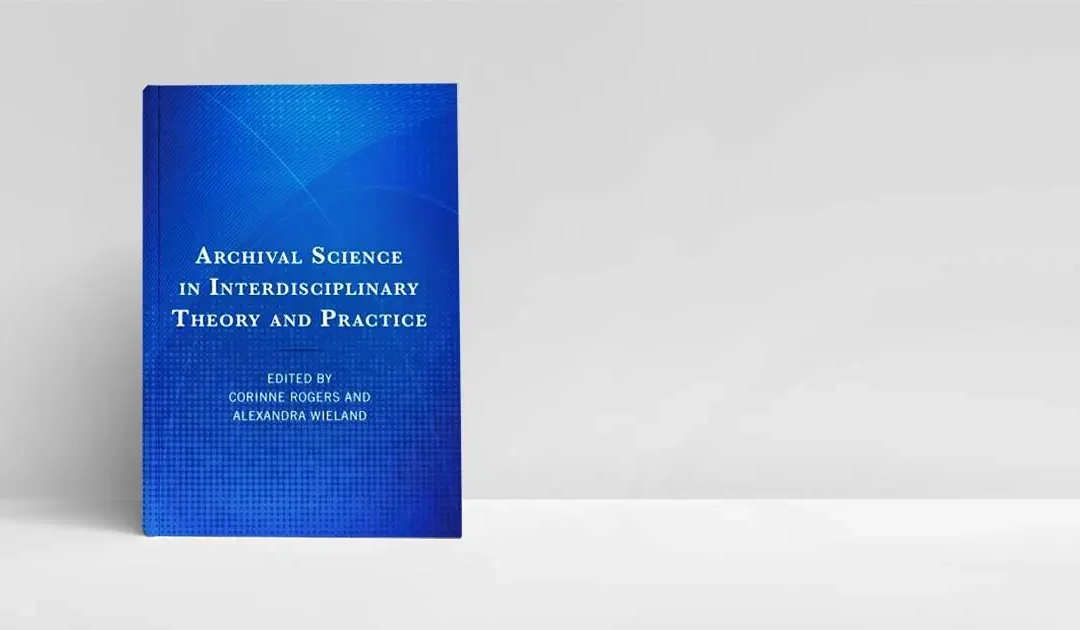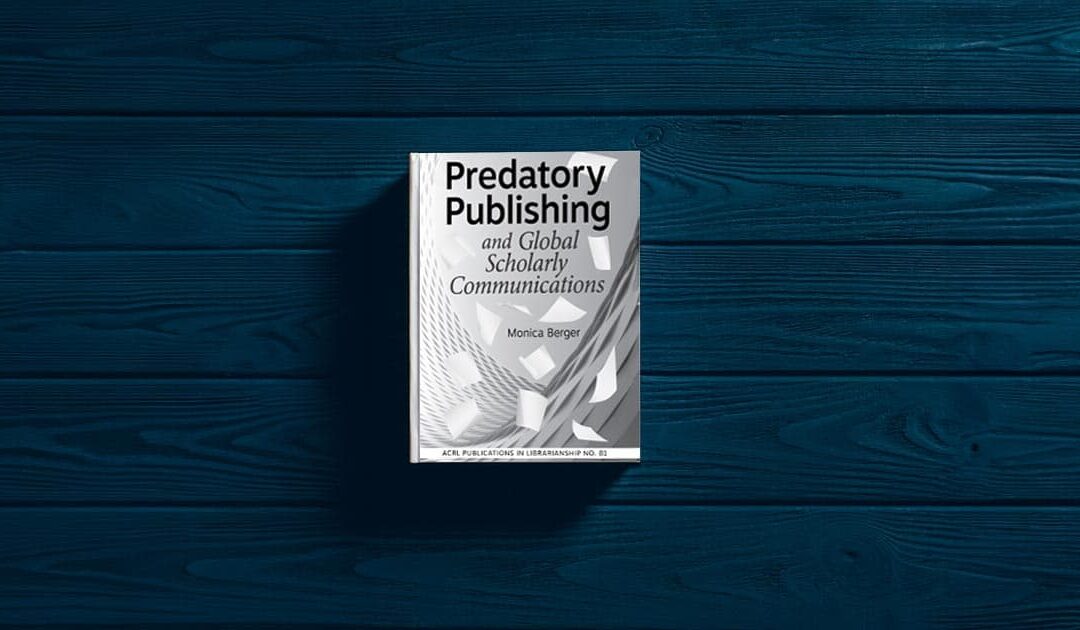When GenAI first became widely available, there was a great deal of discussion about how it would “hallucinate”—that is, make up content and sound very sure of itself when doing so.


When GenAI first became widely available, there was a great deal of discussion about how it would “hallucinate”—that is, make up content and sound very sure of itself when doing so.

Many different types of libraries have digital components, and it is important to get those digital collections in front of stakeholders.

Alexandra Wieland and Corinne Rogers co-edited Archival Science in Interdisciplinary Theory and Practice. My interview with them is below.

Predatory publishing is a concern in all areas of librarianship. In special libraries, librarians work with experts in various fields. It is vital that special librarians understand the sector-relevant publishing landscape, and which publications maintain academic integrity.
In an age of misinformation and an exorbitant amount of new information created daily, we must consider how to teach others to evaluate content specifically.
The value placed on the skill of critical thinking is immeasurable. Unfortunately, it can seem elusive to teach.
Librarians’ unique position at the intersection of information, technology, and academia makes them valuable contributors to AI policy development.
Emily Leachman and Garrison Libby are the authors of A Complete Guide to Training Library Staff available later this year from Bloomsbury Press.
Resources to help you think about intellectual property when you use AI, plus links to repositories of AI-generated images from a library expert.
17 actionable methods for marketing libraries of all types, sizes, and budgets from a library expert and instructor
Ilaria Scaglia and Valeria Vanesio argue that emotions matter both to people whose histories are documented by archives and to archivists/librarians
An in-depth overview by Sabine Jean Dantus on empathy-driven marketing fundamentals and skills required for librarians
An in-depth interview with a music cataloging librarian about the unique aspects and challenges of that discipline.